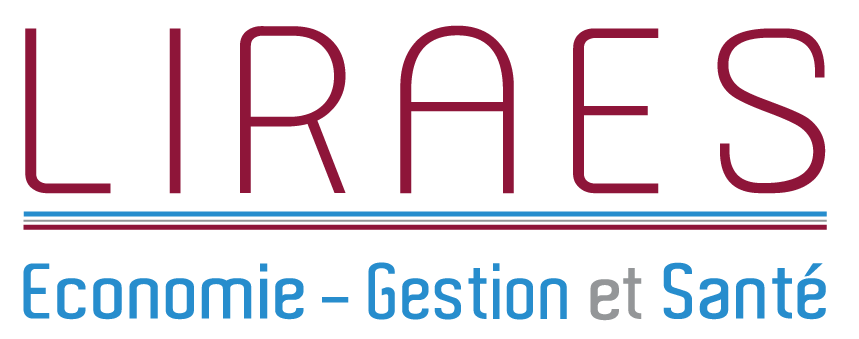Abstract
Background
The impact of adverse effects of drugs for dementia on the risk of hospitalization has not been much studied despite the impact of hospitalizations on cognitive decline.
Objective
To determine if the main adverse effects of cholinesterase inhibitors and memantine may be associated with excess of hospitalization and to quantify the subsequent impact on healthcare expenditures. METHODS: A representative sample of the French national health insurance beneficiaries aged 65 and older and suffering from dementia were included and followed from 2007 to 2014. Binary logit models for longitudinal data (GEE estimation technique) were used to estimate the excess of hospitalization events related to the adverse effects of anti-dementia drugs and then to derive the additional costs of hospitalizations for the public health insurance fund. RESULTS: In total, 7,668 patients were followed, generating 111,133 individual observations over the 8-year period. Treated patients were hospitalized significantly more than non-treated patients (adjusted Odd Ratio (OR) = 1.08, 95% confidence interval (95% CI) = [1.02 to 1.13], p = 0.004), mainly with cholinesterase inhibitors for cardiac (OR = 1.21, 95% CI = [1.01 to 1.46], p = 0.034) and gastrointestinal events (OR = 1.43, 95% CI = [1.01-2.05], p = 0.045), especially with rivastigmine. When extrapolated to the entire population, this corresponded to an annual additional cost of € 55,000.
Conclusion
Prescription of antidementia drugs, more specifically rivastigmine, increases the risk of hospitalizations via their cardiac and gastrointestinal adverse effects and lead to additional health care expenditures. Even though these results must be confirmed, they may encourage cautious consideration of the balance between benefits and harms before a prescription is given.
Keywords
Adverse effects; cholinesterase inhibitors; dementia; hospitalization; medical overuse; memantine
